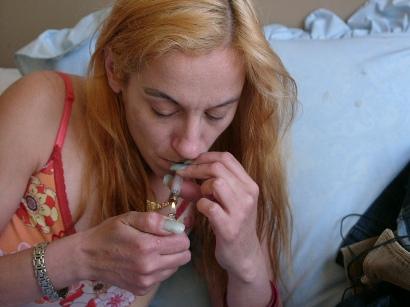Mexico Drug War Update
Mass murders in Ciudad Juarez and the Comarca Lagunera, and the army killed 11 cartel gunmen in Tamaulipas. Just another week in Mexico's prohibition-related violence.
Comprehensive coverage of the War on Drugs since 1997
